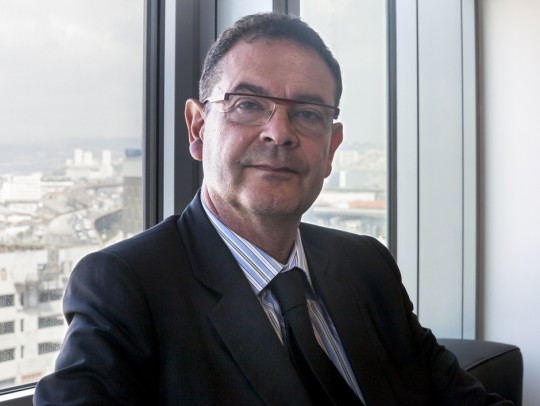with 820 researchers
and 1,228 engineers and technicians

In 2015, my first year at the head of the IRD, I had the privilege of witnessing not only the quality of the work produced with our scientific partners in developing countries but also the intense relationship that exists with our institutional partners. When talking to politicians and the heads of the scientific institutions and universities with which we work, we often hear that, ‘partnership with the IRD is different’.